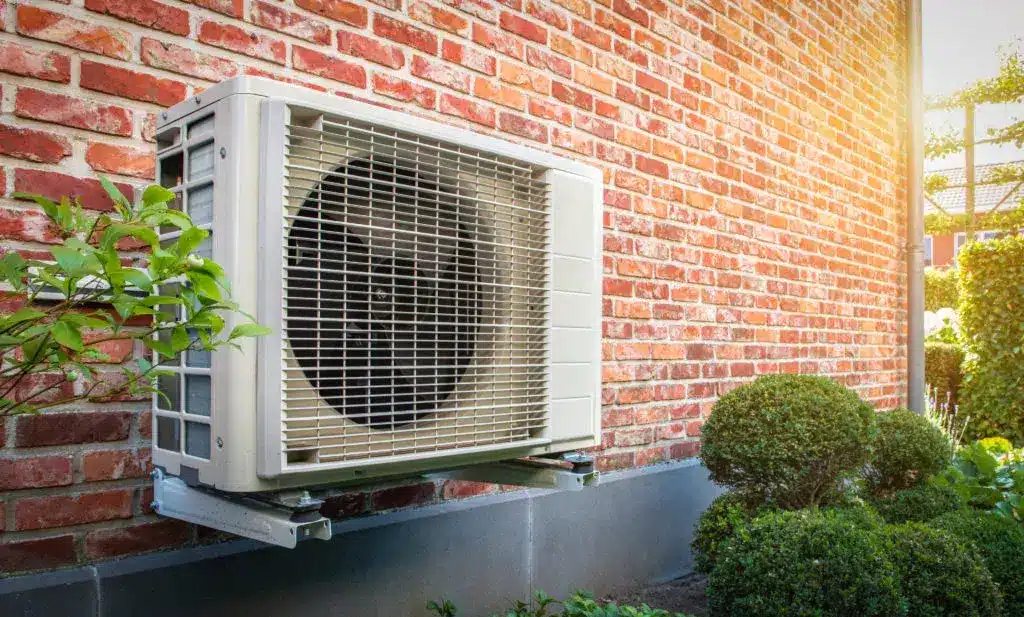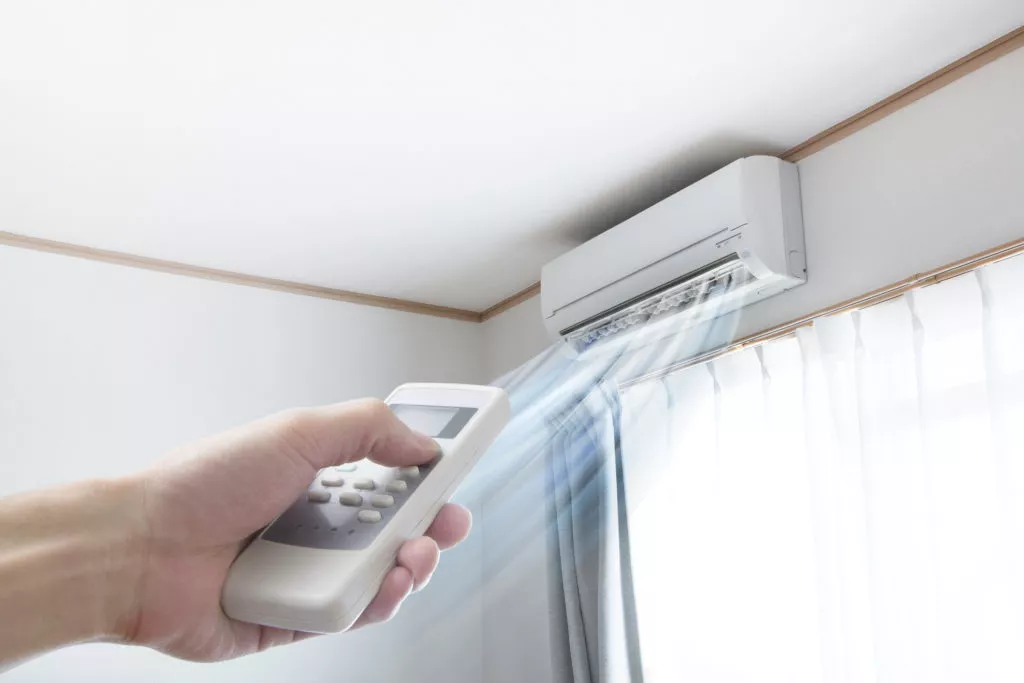What Is the Difference Between Heat Pumps & Ductless Mini-Splits?
Comparing Heat Pumps vs. Ductless Mini-Splits for Florida Homes
Are you torn between a heat pump and a ductless mini-split for your Florida home? These two HVAC systems are designed to maximize energy efficiency and year-round comfort, but each comes with its own set of benefits and drawbacks. In this blog, we’ll break down how heat pumps and ductless mini-splits work, their pros and cons, what makes them ideal for Florida’s climate, and things to keep in mind when making your selection. Read on to discover the key differences and get informed on which system is right for you.
What Is a Heat Pump?

A heat pump is a versatile HVAC system with heating and cooling capabilities, making it a popular option in Florida’s moderate climate. It works by transferring heat rather than generating it — pulling heat from outside during winter and removing heat from your home during summer. There are several types of heat pumps, including air-source, geothermal, and water-source systems, each designed to transfer heat from different sources.
Unlike traditional HVAC systems that rely on separate units for heating and cooling, heat pumps efficiently provide consistent comfort without the need for a furnace or standalone AC unit.
Pros of Heat Pumps
Heat pumps come with many benefits for Florida homes, such as:
- Energy efficiency
- Year-round heating and cooling
- Reduced carbon footprint
- Quieter operation
- Minimal operational costs
Cons of Heat Pumps
It’s important to also note the downsides of a heat pump:
- May not perform as well in extreme cold compared to standalone heating
- Might need to defrost in extreme cold
 SCHEDULE SERVICE NOW
SCHEDULE SERVICE NOW
What Is a Ductless Mini-Split?

Ductless mini-splits are HVAC systems that operate without ductwork, making them ideal for homes with limited space or rooms without vents. They feature an outdoor compressor unit and one or more indoor air handlers, which direct the distribution of conditioned air in specific areas of your home.
Unlike traditional AC, ductless mini-splits allow for zoned heating and cooling, giving you more control over individual room temperatures.
Pros of Mini-Splits
Similarly, mini-splits have their benefits:
- Energy efficiency
- Individual room temperature control
- Easy installation with no ductwork required
- Quiet operation
- Lower energy loss than duct systems
Cons of Mini-Splits
Some cons of mini-splits include:
- Higher upfront cost
- Indoor air handlers may impact home design
- Required regular filter cleaning and system upkeep
- Not as effective for whole-home heating in larger spaces
Choosing the Right System for Your Florida Home
Deciding whether a heat pump or ductless mini-split is right for you comes down to evaluating your home’s size, energy-efficiency needs, and budget.
Heat pumps are a wise choice for whole-home comfort, offering efficient heating and cooling throughout your space. On the other hand, ductless mini-splits provide flexible, zoned comfort without the need for ductwork, making them great for add-ons or specific rooms. While upfront costs may be higher, both systems deliver impressive energy savings that can eventually offset initial investments.
Your local HVAC expert can help you evaluate your options and choose the system that fits your home’s needs, energy goals, and budget.
Call Iceberg Home Services for Expert HVAC Installations
If you’re ready to find the perfect HVAC system for your home, look no further than Iceberg Home Services. We’re proud to be the trusted choice for HVAC services tailored to Florida’s unique climate.
Whether you’re leaning toward a heat pump or ductless mini-splits, our friendly and knowledgeable technicians will guide you to the system that best matches your needs. We’ll make upgrading your home’s comfort an enjoyable and smooth process.
Make comfort upgrades in your Florida home a breeze with Iceberg Home Services. Schedule HVAC services with us today.
TODAY!



